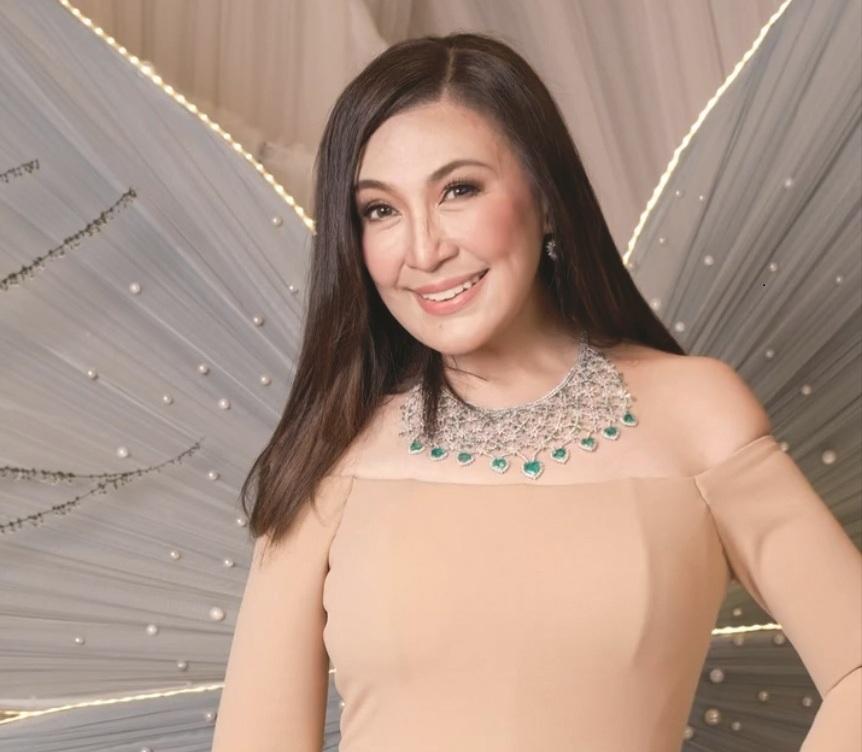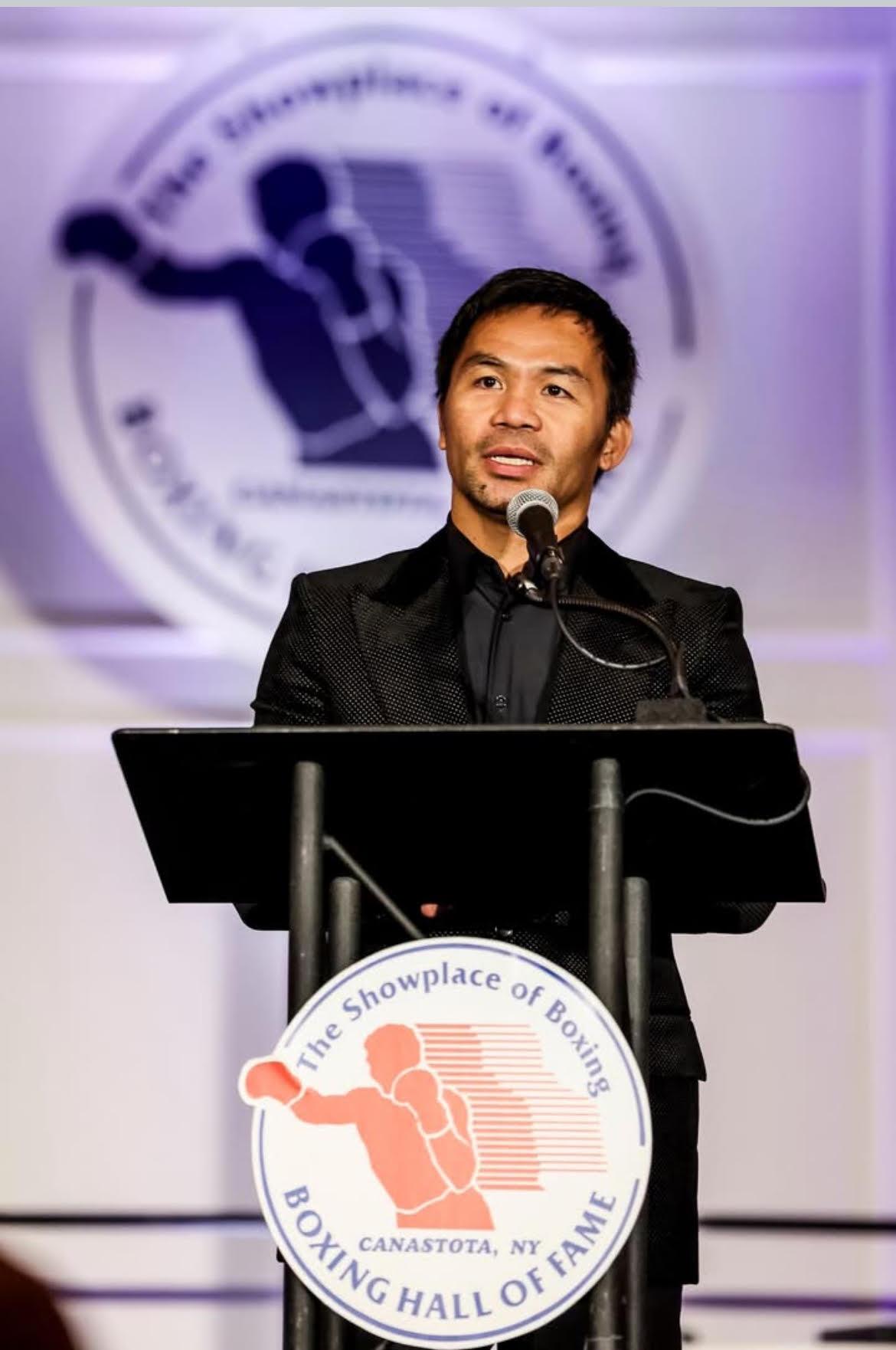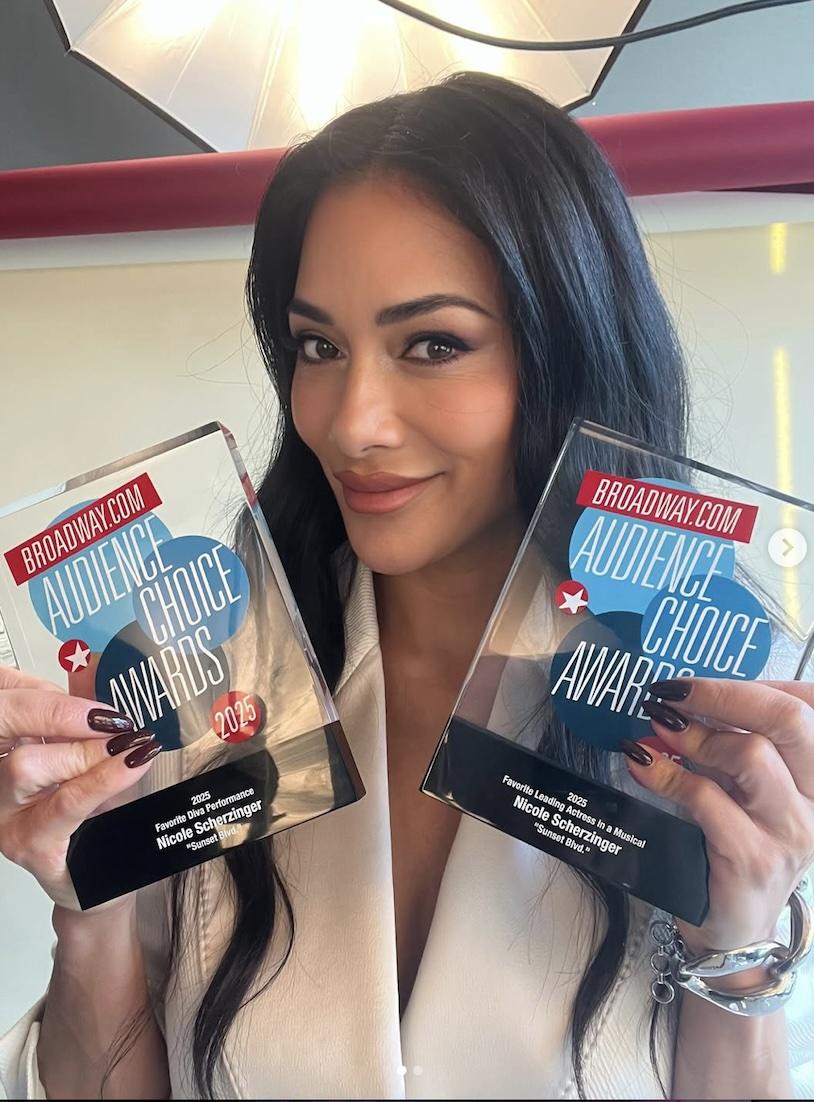The announcement for Oscar nominations on Thursday, Jan. 14 drew sharp criticism, when all of the nominees in the major acting categories were exclusively white.
The nominees for the 88th annual Academy Awards, known for its prestigious Oscar awards that give actors leverage for more casting roles and better pay, were announced from the Samuel Goldwyn Theater in Beverly Hills, California by Academy of Motion Picture Arts and Sciences President Cheryl Boone Isaacs, along with director Guillermo del Toro, Ang Lee, and actor John Krasinski.
“The Revenant,” “Mad Max: Fury Road,” “Spotlight, “Bridge of Spies,” “The Big Short,” “The Martian,” “Brooklyn,” and “Room” were all nominated for Best Picture, Hollywood’s top prize. “The Revenant” led all films with 12 nominations.
In the individual categories, Leonardo DiCaprio, Matt Damon, Bryan Cranston, Michael Fassbender and Eddie Redmayne were all nominated for Best Actor. Cate Blanchett, Brie Larson, Charlotte Rampling, Saoirse Ronan, and Jennifer Lawrence were among those nominated in the Best Actress category.
Big-name actors like Will Smith (in “Concussion”), Idris Elba (“Beasts of No Nation”), Michael B. Jordan, and “Creed” director Ryan Coogler, were snubbed for nominations. “The Revenant” director Alejandro G. Iñárritu, who is Hispanic, was nominated as Best Director and is the only person of color on the main list.
“Straight Outta Compton,” the only film made up of a majority black cast, was nominated for Best Original Screenplay, but the writers for the film are white. “What Happened, Miss Simone?,” the documentary about the career of singer, songwriter and pianist Nina Simone, and Ethiopian R&B artist The Weeknd’s “Fifty Shades of Grey” hit “Earned It” were also honored with nominations.
“In the last few years there has been this chatter about the Oscars being less whitewashed because you have had some major and some historical representations of people of color,” said Stephane Dunn, director of the Cinema Television & Emerging Media Studies program at Morehouse College.
“It was like Hollywood, the Academy, didn’t know what to do with so many noteworthy, critically lauded films directed by black directors with such fine award-worthy best actor and supporting actress performances,” she added. “Hollywood, the Academy, could not imagine these dominating major categories so one film among them was basically chosen to be The One. It was 12 Years a Slave.”
Last year, the Academy also received fierce backlash after Selma director Ava DuVernay and actor David Oyelowo (who played Martin Luther King, Jr.) were both excluded from the nominees’ list.
The viral hashtag #OscarsSoWhite, created by social media blogger April Reign, drew attention to the blatant racial disparity in Academy Award nominations, reported Forbes.
“By only awarding Oscars to white actors, the Academy Awards are perpetuating wage disparities that are not only prominent in the entertainment industry, but also span all sectors of our economy,” wrote Forbes contributor Seamus Kirst.
“The tagline for the Oscars is ‘We all dream in gold,’ though apparently the [Academy] doesn’t dream in color #Oscars2016,” tweeted ColorofChange.org.
On Martin Luther King, Jr. Day, Monday, Jan. 18, director Spike Lee and actress Jada Pinkett Smith announced publicly that they would be boycotting the awards ceremony over the lack of diversity.
In a video posted to her Facebook page, Pinkett Smith announced that she will not attend the event, nor would she view it from home.
“At the Oscars…people of color are always welcomed to give out awards…even entertain, but we are rarely recognized for our artistic accomplishments. Should people of color refrain from participating all together? People can only treat us in the way in which we allow,” Pinkett Smith wrote on her wall.
“Maybe it’s time we pull back our resources and we put them back into our communities, and we make programs for ourselves that acknowledge us in ways that we see fit, that are just as good as the so-called mainstream,” she said.
“Chi-Raq” director Spike Lee also shared that he and his wife, Tonya, would not be attending Hollywood’s biggest night, which will be hosted by black comedian Chris Rock on Feb. 28.
“Dr. King said ‘There comes a time when one must take a position that is neither safe, nor politic, nor popular but he must take it because conscience tells him it’s right,” the filmmaker, who has been nominated for two Oscars, wrote on Instagram. The Oscar nominees “will remain likely white” until minority actors are “in those rooms” with key industry network (white, male) decision-makers who are at the top of the Hollywood studio system.
Other actresses including Emily Rossum, Rashida Jones, and Martha Plimpton have all voiced their opinions over Twitter, as well as “Compton” producer Will Packer, who wrote in outrage on his Facebook: “To my Academy colleagues, WE HAVE TO DO BETTER. Period. The reason the rest of the world looks at us like we have no clue is because in 2016 it’s a complete embarrassment to say that the heights of cinematic achievement have only been reached by white people. I repeat—it’s embarrassing.”
Wrote Kirst, “If the Academy is going to exclude people of color from their lists, then outspoken and socially-minded celebrities have announced they will boycott the event. In spreading their message that this is no longer going to be tolerated, they are gaining widespread support from their fanbase. Inherently, ratings will suffer when many viewers (myself included) follow their lead and choose not to watch the televised event.”
On Monday, Boone Isaacs released a statement in which she said, “While we celebrate [the nominees’] extraordinary achievements, I am both heartbroken and frustrated about the lack of inclusion. This is a difficult but important conversation, and it’s time for big changes. The Academy is taking dramatic steps to alter the makeup of our membership. In the coming days and weeks we will conduct a review of our membership recruitment in order to bring about much-needed diversity in our 2016 class and beyond.
“As many of you know, we have implemented changes to diversify our membership in the last four years. But the change is not coming as fast as we would like. We need to do more, and better and more quickly.
“This isn’t unprecedented for the Academy. In the ‘60s and ‘70s it was about recruiting younger members to stay vital and relevant. In 2016, the mandate is inclusion in all of its facets: gender, race, ethnicity and sexual orientation. We recognize the very real concerns of our community, and I so appreciate all of you who have reached out to me in our effort to move forward together.”






